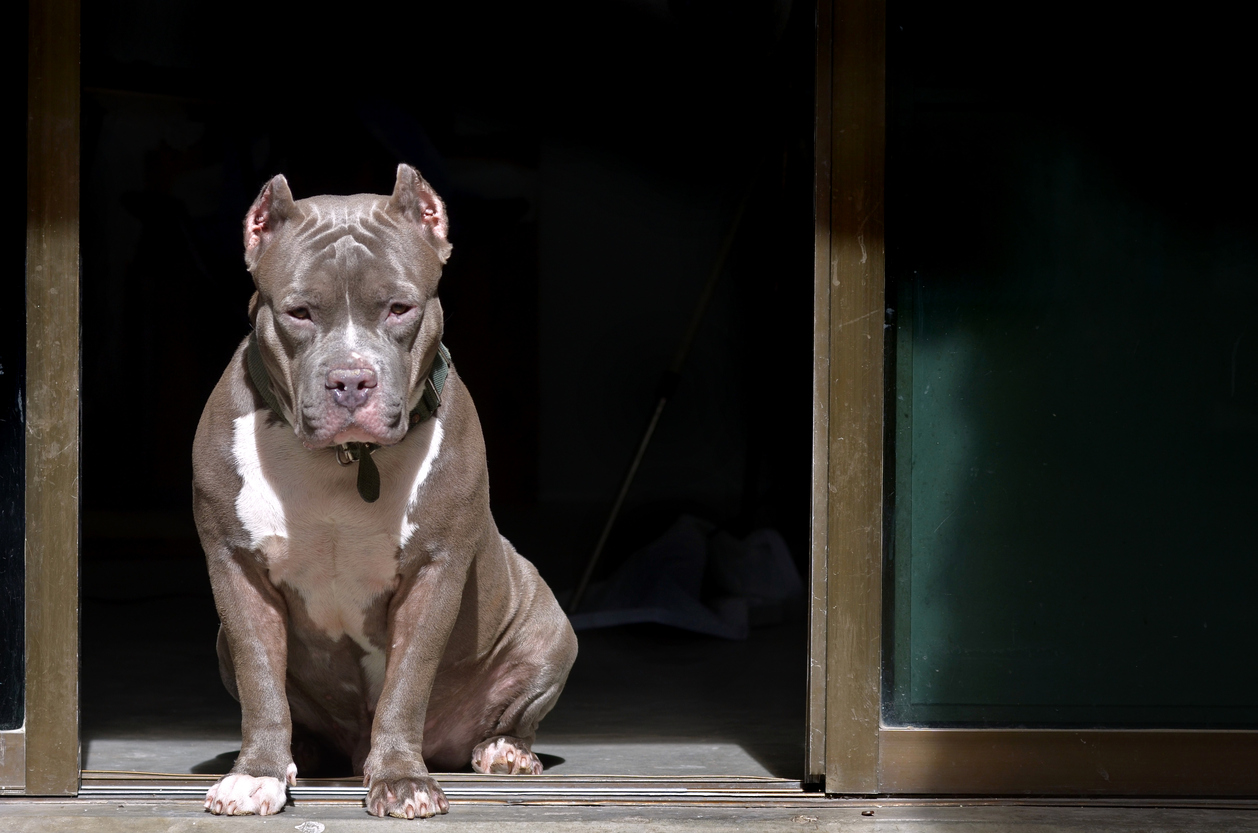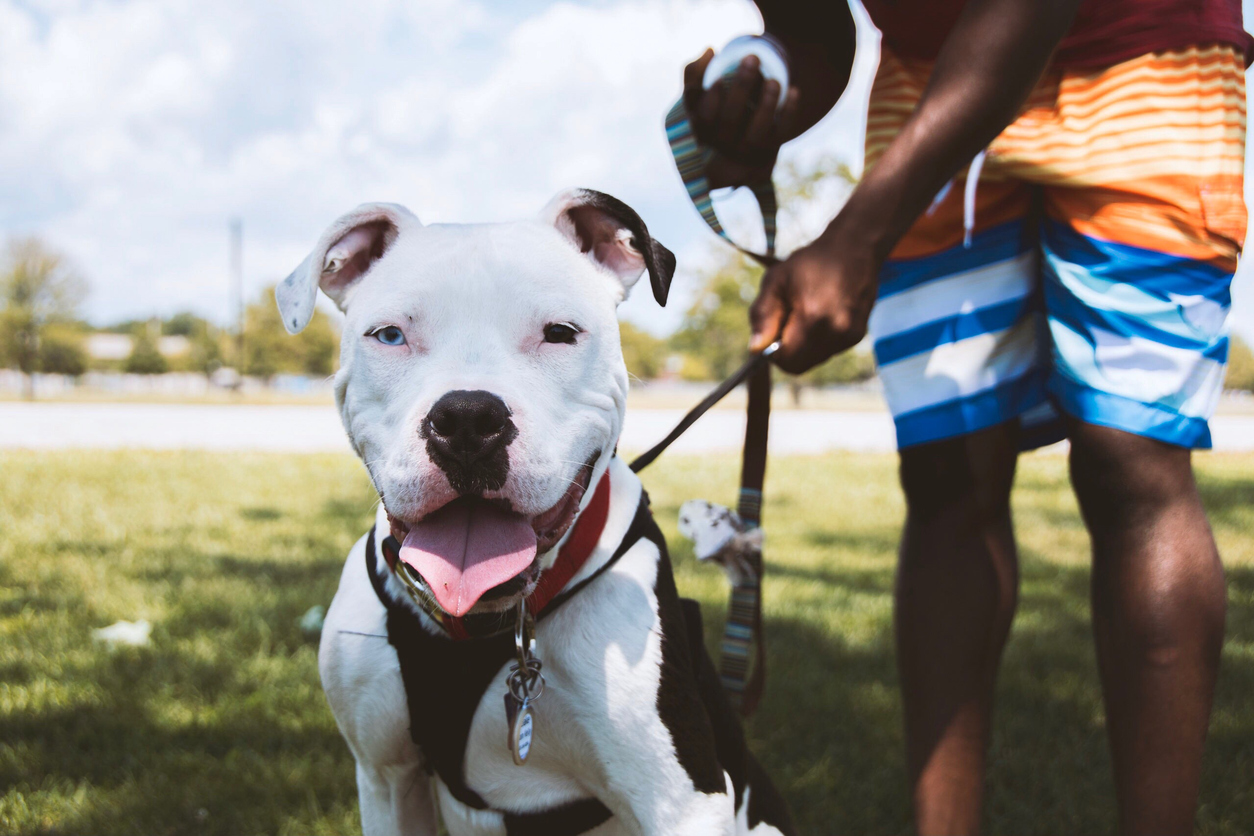Breed bans have shifted, but these places still make dog ownership complicated.

Breed-specific legislation has a long history in the U.S., and while some cities have softened rules, others remain strict. Many bans target pit bulls, while others focus on multiple breeds or require expensive permits. Some laws have been repealed but still influence how dogs are regulated today. Here’s where things currently stand and how policies continue to affect owners moving with their pets.
1. Miami‑Dade County, Florida still bans pit bulls.

Miami‑Dade has outlawed pit bull–type dogs since 1989. According to Miami‑Dade Animal Services, residents are prohibited from importing, breeding, or owning these dogs. Violations can mean fines and forced removal, no matter how friendly the animal may be. Repeal efforts surface regularly but have never succeeded, making this one of the longest-running breed bans in the country.
2. Sioux City, Iowa keeps its pit bull ban intact.

Sioux City prohibits pit bulls and related breeds and enforces the law strictly. As reported by the Sioux City Journal, impoundments and fines remain common for owners who don’t comply. Local advocates have tried to overturn the ban, but it remains a permanent fixture, showing how deeply rooted breed-specific laws can be in some areas.
3. Council Bluffs, Iowa enforces a similar restriction.

Council Bluffs bans pit bulls and similar breeds outright, creating challenges for residents who move into the city unaware of the law. As stated by city records, enforcement includes fines and removal of dogs that meet the banned breed criteria. Public debate has not swayed city leaders, leaving the ordinance firmly in place.
4. Springfield, Missouri continues to outlaw certain breeds.

Springfield still enforces a pit bull ban despite regular opposition from animal advocacy groups. Owners of restricted dogs risk fines and removal, even for well-trained, non-aggressive pets. The rule has been controversial for years, but city leaders have shown no sign of repealing it, keeping Springfield firmly on the list of cities that outlaw breeds outright.
5. Independence, Missouri holds on to its pit bull ban.

Independence maintains its long-standing prohibition on pit bull–type dogs. Enforcement includes fines and impoundment for owners who fail to comply. While there have been conversations about softening the policy, the city has chosen to keep its approach intact, citing safety concerns. Residents often avoid restricted breeds entirely to sidestep legal issues.
6. Overland Park, Kansas still bans pit bulls.

Overland Park enforces a ban on pit bulls under its municipal code. The law has been in place for decades, and despite some cities in Kansas easing similar rules, Overland Park has not followed suit. Pet owners moving into the city often face tough decisions about rehoming dogs before arrival.
7. Denver, Colorado replaced its ban with a permit system.

Denver’s full ban on pit bull–type dogs ended in 2021, but strict regulations remain. Owners must obtain a breed-restricted permit, which requires evaluation, microchipping, neutering, and compliance with annual renewal. According to Denver Animal Protection, failure to meet these standards still leads to fines or confiscation. It’s no longer an outright ban, but owning these dogs here remains complicated and heavily monitored.
8. San Francisco, California uses mandatory spay and neuter laws instead of bans.

San Francisco does not prohibit pit bull dogs outright but requires all of them to be spayed or neutered unless owners have breeding permits. This approach limits uncontrolled breeding while still allowing ownership. It’s a middle-ground strategy that feels restrictive to some but is far less severe than a full ban.
9. New York City public housing blocks multiple breeds.

The New York City Housing Authority bans numerous breeds, including pit bulls, Rottweilers, and Dobermans, for residents in public housing. While these dogs are legal elsewhere in the city, tenants in NYCHA housing must comply or risk losing their lease. This housing-specific rule has created a shadow version of a citywide ban for thousands of residents.
10. Baltimore, Maryland doesn’t ban breeds but housing restrictions do.

Baltimore has no municipal ban, but many landlords and insurance companies impose their own breed restrictions, effectively limiting options for owners of dogs like Rottweilers or German Shepherds. This patchwork of private rules means many residents experience a “soft ban” even without an official city ordinance.
11. Auburn, Washington regulates breeds heavily but doesn’t outlaw them.

Auburn requires owners of pit bulls and similar dog breeds to register their pets, carry additional liability insurance, and meet strict containment rules. While technically not a ban, the rules discourage many people from owning these dogs, functioning as a de facto barrier. This style of regulation is increasingly common as cities move away from outright bans but still want control.
12. Yakima, Washington repealed its ban but history lingers.

Yakima had one of the longest-standing pit bull bans in the Pacific Northwest before repealing it in 2018. While ownership is now legal, the legacy of the ban still influences local policy and housing restrictions. Many longtime residents remain cautious about certain breeds, and the repeal shows how bans can shape community attitudes long after they end.
